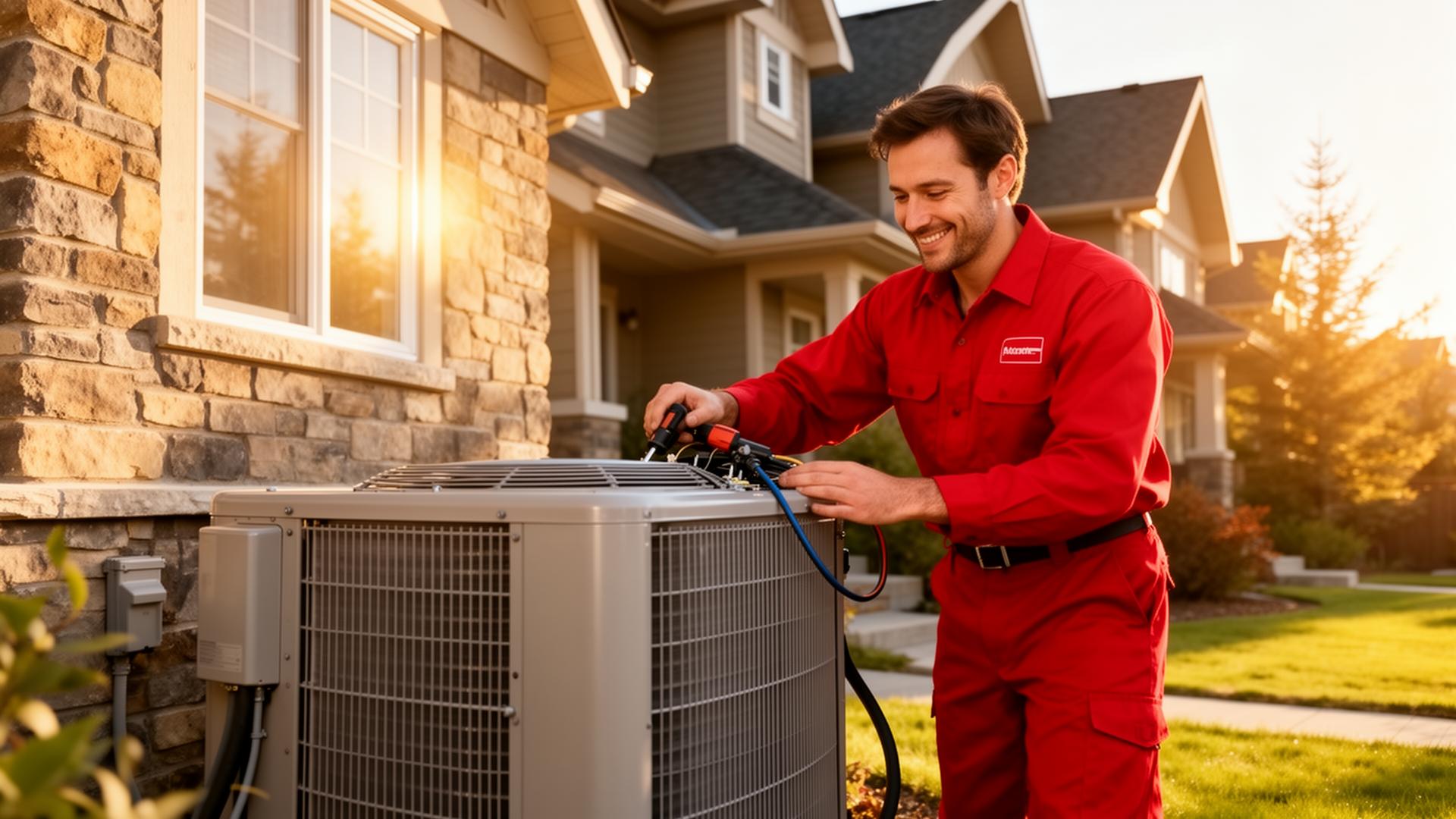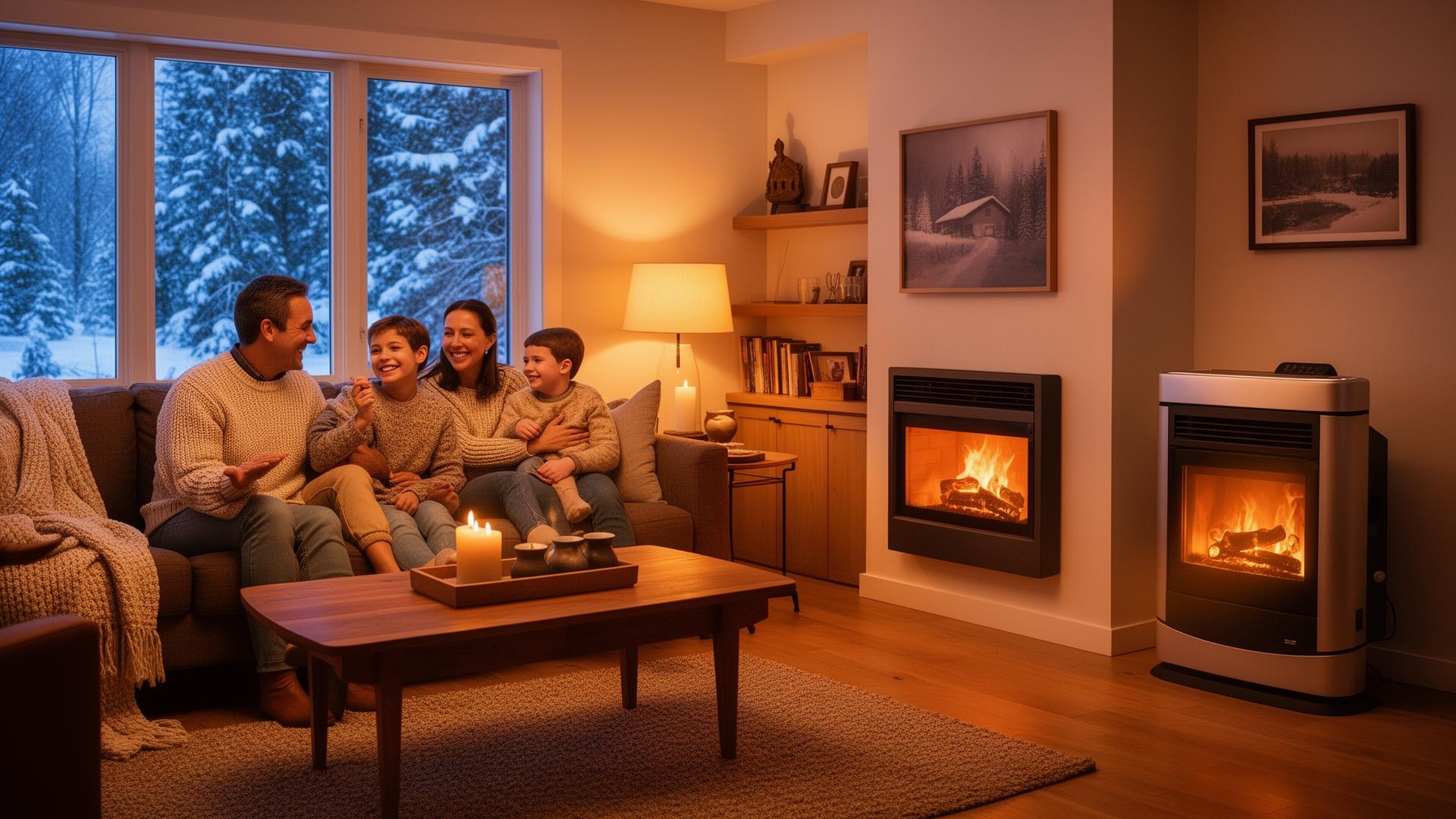
Complete Home Comfort Solutions
From installation to repair, we handle all your heating, cooling, and indoor air quality needs with expertise and care.
5-Star Rated on Google
Join hundreds of satisfied Calgary homeowners who trust Air Force Heating for their heating and cooling needs.
What Our Customers Say
Real reviews from real Calgary homeowners. See why we're the trusted choice for heating and cooling services.

A Family Dedicated to Your Comfort
Air Force Heating was founded by Ivan Gouniavyi in 2005 with a simple mission: provide honest, reliable HVAC services to Calgary families.
Today, we're still family-owned and operated. Ivan's father Vitali and brother Victor work alongside him as service and installation technicians, bringing a personal touch that big corporations can't match.
With over 20 years of hands-on experience and dual Alberta journeyman certifications in sheet metal and gas fitting, you can trust our expertise to keep your home comfortable year-round.
20+
Years Experience
10,000+
Happy Customers
2
Journeyman Tickets
5.0
Google Rating
Stay Connected With Our Team
Follow us on social media for HVAC tips, behind-the-scenes content, and updates on promotions and seasonal specials.
Frequently Asked Questions
Find answers to common heating and cooling questions from our experienced HVAC technicians.
Ready to Stay Comfortable?
Contact us today for a free estimate. We're here to help with all your heating and cooling needs.
Call or Text
(403) 463-7700
Email Us
homecomfort@airforceheating.com
Service Area
Calgary, Airdrie & Surrounding Areas
Hours
24/7 Emergency Service